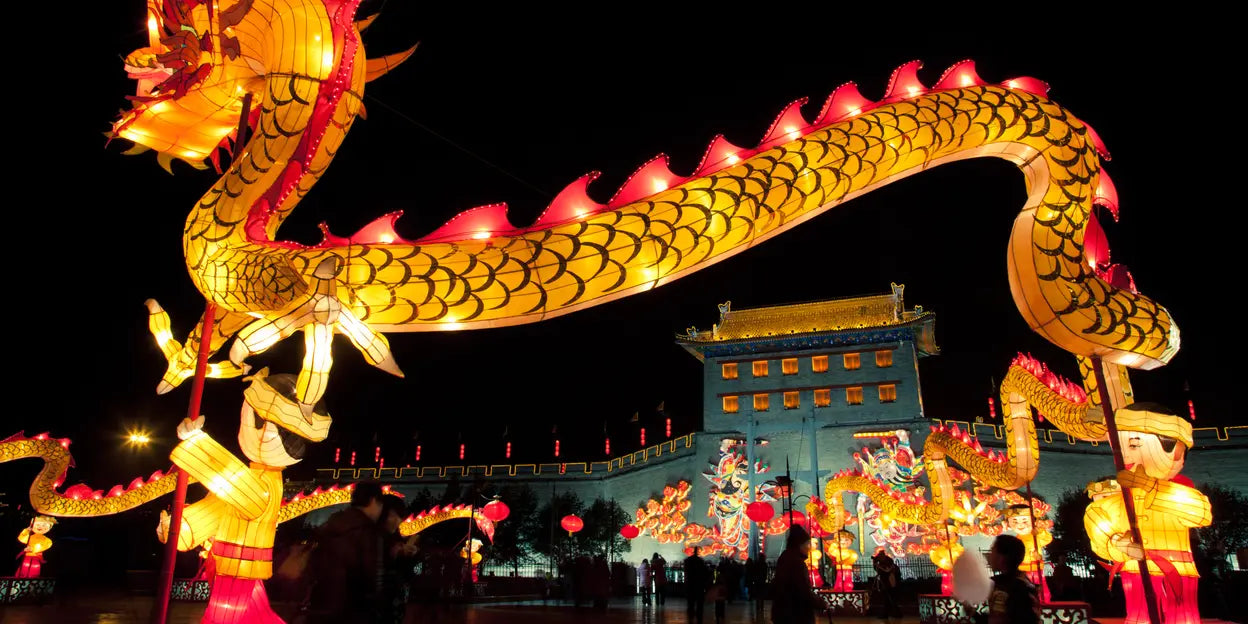The upcoming Lunar New Year marks the Year of the Dragon, a symbol of strength and vitality. Amidst discussions about the dragon's identity in Chinese culture, there's a push to transliterate the word "dragon" to "long" in English, reflecting its phonetic accuracy and distinguishing it from Western dragons.
Historically, Western dragons often represented chaos and evil, while Chinese dragons were revered for their benevolence, bringing rain to end droughts. Despite efforts to rebrand the dragon as "long," the original translation error persists. However, the dragon's connotations have evolved over time, encompassing both positive and negative aspects.
In English literature, dragons symbolize power and protection, as seen in stories of knights slaying dragons. In popular culture, movies like Mulan portray dragons in a cute and friendly light. Additionally, dragons in Chinese culture embody transformation and growth, as depicted in the ancient text, the I Ching.
The I Ching describes the dragon's journey through various stages, reflecting the stages of human life from anonymity to accomplishment, and finally, to humility. Like the dragon, individuals strive for recognition and success but must beware of arrogance, which leads to downfall.
As the Year of the Dragon approaches, it serves as a reminder of the cyclical nature of life and the importance of humility in success. Like the dragons in the I Ching, we aspire to soar among peers without the need for leadership. Thus, may this New Year bring prosperity and wisdom to all. Happy New Year of the Dragon!
